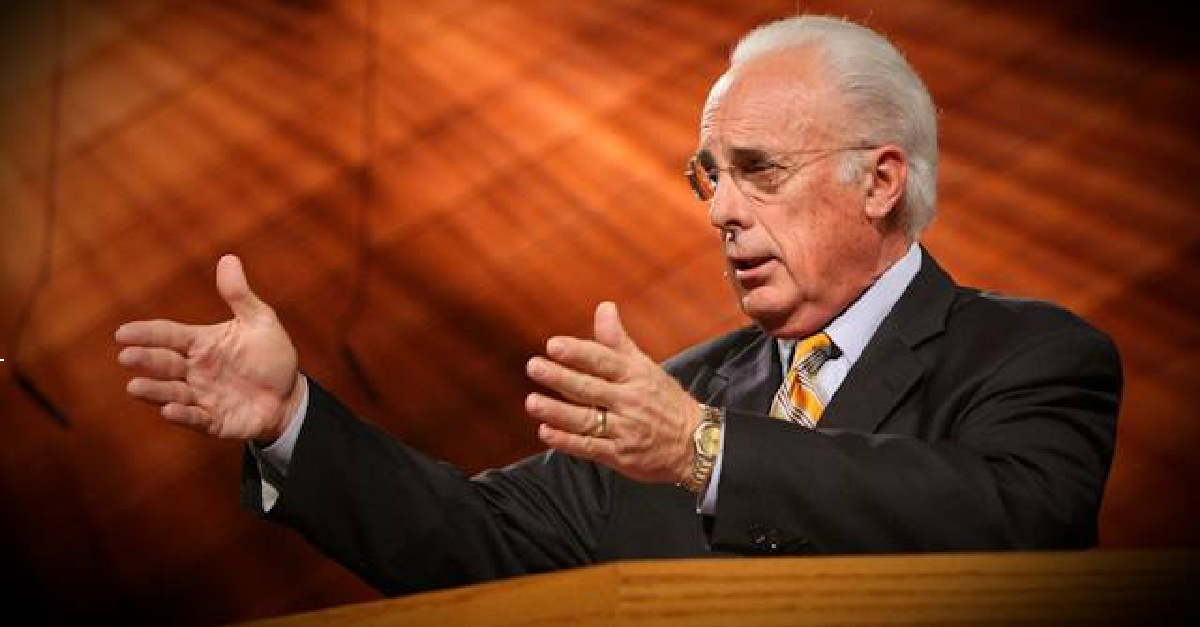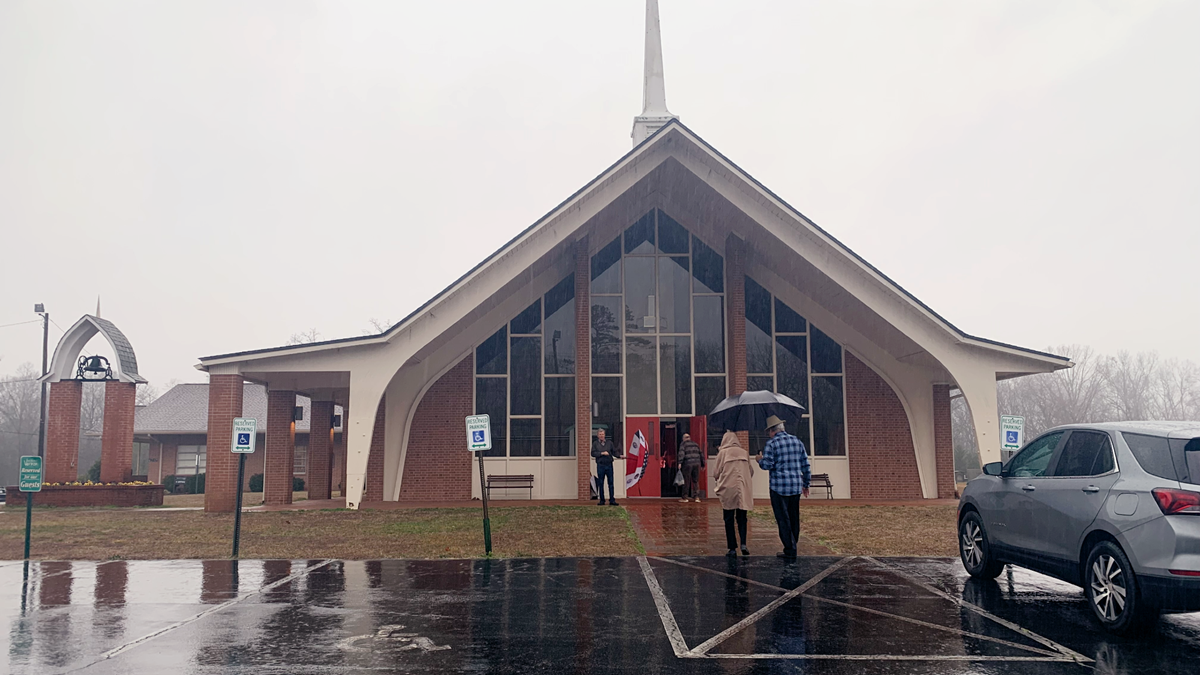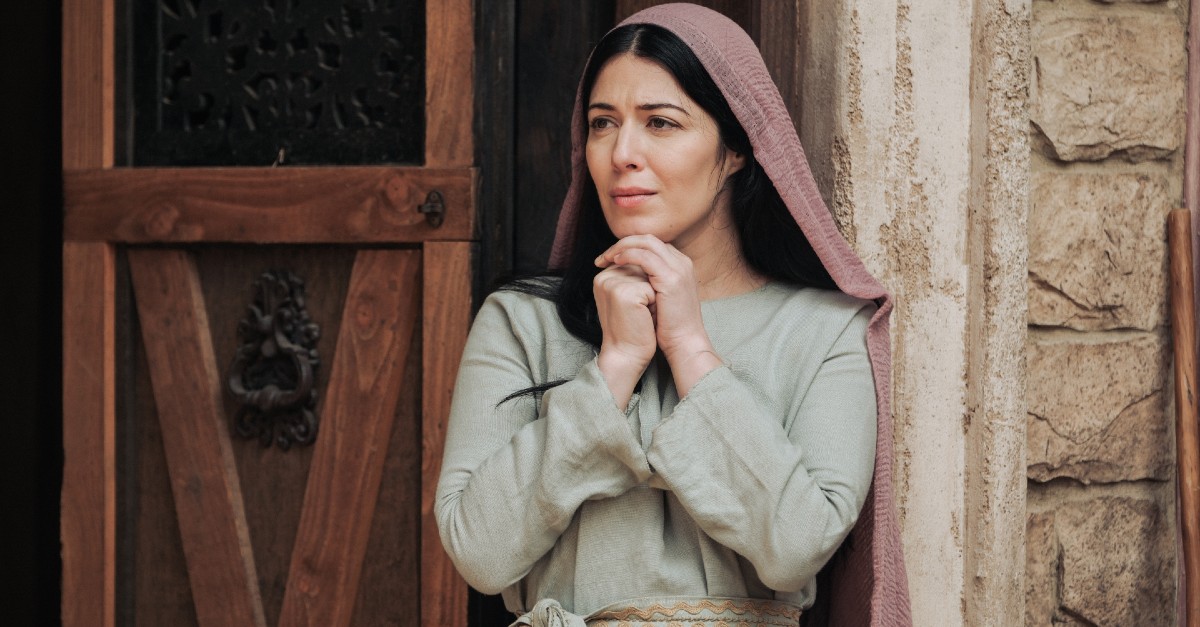5 Ramadans Later: Reflection on the Anniversary of Nabra Hassanen’s Hate Crime
After five years, we're still mourning the loss of Nabra Hassanen, the then 17-year-old girl who got abducted in a hate crime and killed as she was heading to the mosque.

The death of Nabra Hassanen was a hate crime that shook everyone to the core, a heinous senseless act that can not and will never be justified in whichever way you look at it. I remember reading about her unfortunate tragedy and I couldn’t help but feel a connection to Nabra as an individual. It struck fear and sadness into my heart, knowing that such hatred could lead to such a tragic outcome.
Five years have passed since that horrific night, yet the pain still lingers for Nabra’s family and friends. They say time heals wounds, but some wounds never truly fade; they remain as scars, a constant reminder of the pain endured. Mahmoud Hassanen’s words, “Every night, I see her in my dreams,” will resonate deeply with many, no parent should ever have to bury their child.
The lack of justice that was presented in Nabra’s case only adds to the anguish. Labeling her murder as a mere “road rage” incident feels like a dismissal of the truth. Driving around to follow a specific group isn’t road rage; it’s premeditated and fueled by hatred. The familiar narrative of intellectual disability being used to downplay the crime is troubling and highlights systemic issues in our society to this very day.
However, the case fell short of being a hate crime due to insufficient proof. This harsh reality highlights the shortcomings of hate crime legislation, which often only punishes those who openly express their hate, rather than addressing the underlying motives of hate and discrimination.
Are the new laws merely a facade, intended to give the impression that our leaders are addressing societal issues when they actually lack genuine concern?
Nabra’s death echoed far beyond her immediate circle, sending shockwaves through the Muslim community and society at large. It prompted important conversations about the need to address these underlying issues in our society.
Five years have elapsed, yet I wonder, have we as a society truly made any progress since Nabra’s passing, and what impact has it had? Sadly, recent statistics suggest otherwise. Hate crimes have surged since 2020, with over 60% of reported incidents targeting individuals based on their race and ethnicity. Despite efforts by the Justice Department and various organizations to combat these crimes, we still face significant challenges in addressing ingrained prejudices and discrimination. The situation remains grim.
Mainstream media’s reluctance to label crimes against Muslims perpetuates harmful narratives and deflects attention from systemic issues. Achieving justice is hindered by obstacles such as racism, prejudice, and discrimination, which are often exploited by those in power.
Our leaders consistently distort the message, deceitful movements masking ulterior motives. It seems we’re not truly on the path to justice, as many find it too challenging to follow. Instead, hate often provides an easy way out. It’s like sheep following sheep. Are the new laws merely a facade, intended to give the impression that our leaders are addressing societal issues when they actually lack genuine concern? These are the same individuals who perpetuate hate and use inflammatory language like “terrorists” to promote hate crimes. When you’re actively labeling and imposing your own misguided truths on a population heavily influenced by media, why bother enacting laws? You’re the ones causing the chaos in the first place.
Hate crimes have surged since 2020, with over 60% of reported incidents targeting individuals based on their race and ethnicity.
Consider the hate crimes witnessed this year alone, such as the brutal stabbing of Wadea Al Fayoume. If stricter laws were in place and individuals feared the consequences, would such atrocities occur? It’s doubtful. Constant exposure to the dehumanization and labeling of certain groups on television can lead people to view them as less significant.
Hate crimes only fuel animosity and resistance, perpetuating a cycle of violence and division. The long-lasting effects of hate crimes and their impact on both physical and mental well-being often go missing.
Nabra is known for her humanitarian nature her vibrant lifestyle may not be able to live out the rest of her life but her legacy lives on in the hearts of those who knew and loved her. May her memory inspire us to continue the fight for a better tomorrow.
What's Your Reaction?






















![Canva Tutorial For Beginners | How to Use Canva Like PRO [FREE] | Canva Full Course](https://img.youtube.com/vi/yWJp7gQqCQ8/maxresdefault.jpg)
